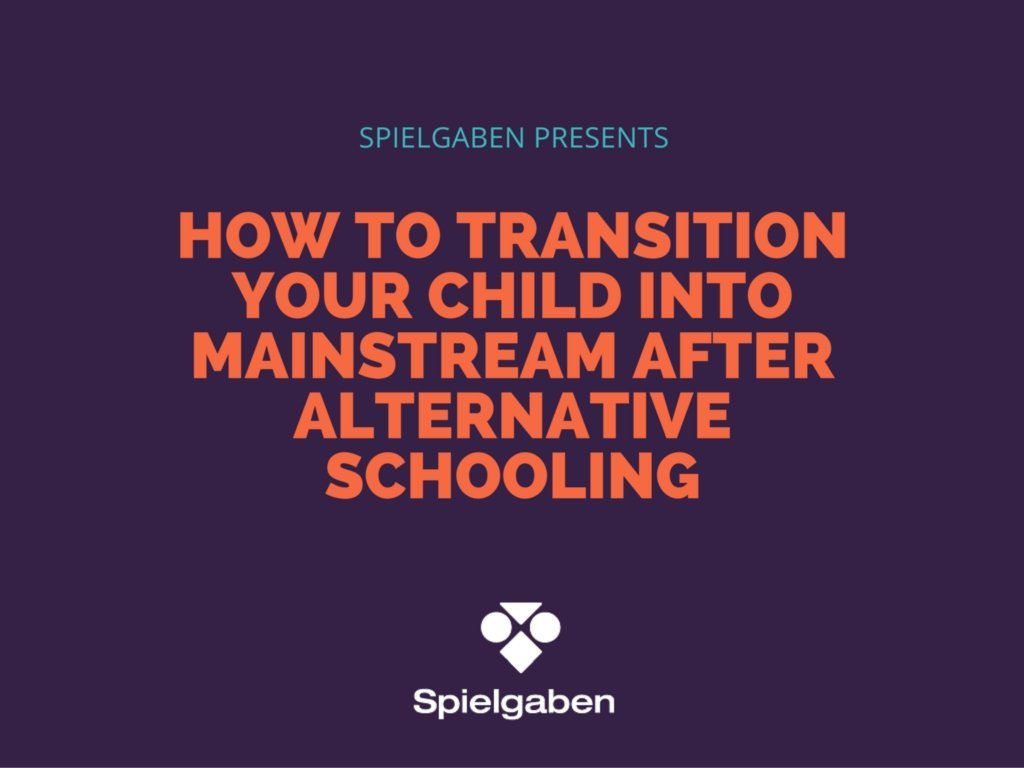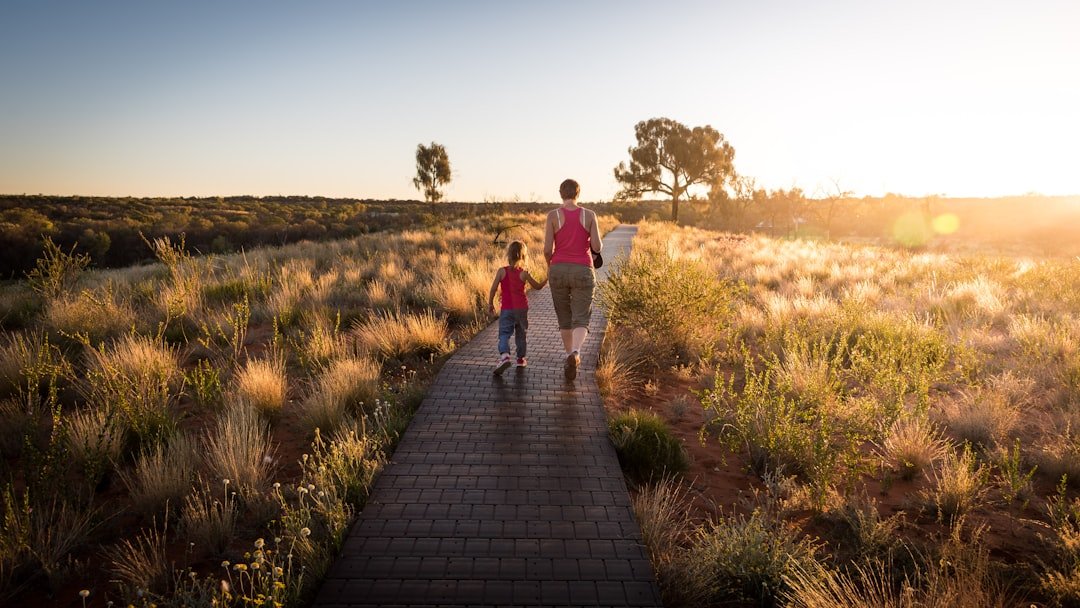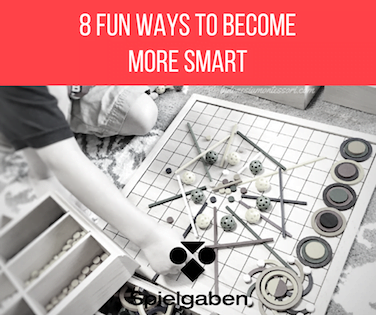How different is the Play based learning with conventional preschools?
While preschools generally aim to maximize children’s early development, they have different ideas about the best way to do so. Kindergartens tend to follow the primary school routine of textbook-based lessons geared towards mass and speed learning. Kindergartens try to teach preschool children as much as possible, as fast as possible, through pencil and paper exercise. Strangely, this is exactly what many parents seem to want for their children.
Kindergartens do appear to be the sane choice when it comes to getting children school-ready. We all want to make sure our children are ready when their first day of school arrives. So we choose preschools that look and work like primary schools, because what is closest to the real thing must be the best preparation.
On the contrary, such a premature introduction to formal education may slow down future learning. The boredom of routine in conventional preschools dulls children and quells their passion for learning. Sitting in class, listening to the teacher, doing homework-boring!
If we look beyond school, we realize that our children need to be life-ready, prepared to contribute to the world. This is not what conventional preschools can make of our children-not with an approach that largely ignores individual personalities. The scholastic environment of conventional preschools may have children as young as three sitting at desks and doing writing exercises. For children still learning to run and jump, holding a pencil can be a confusing and frustrating experience! A premature introduction to new materials and activities demoralizes children with challenges they are not ready for.
Spoon feeding shelters children from learning by themselves and deprives them of the joys of exploration and discovery. This resigns them to doing things simply because they are told to, even if it defies their own will and ability. As a result, they lose their motivation to learn, depending instead on instruction from others. The lack of stimulation, the lack of thought, bores and tires them, diminishing their interest in school and learning.
In contrast, Play based learning leave no room for boredom but occupy and challenge children constantly with materials and exercises of personal interest and increasing complexity. You can equip children with a love for learning and with self-discipline, both qualities that will help them through further stages of development in the school years. It does, after all, make a lot of sense to leave formal schooling until after the foundations for learning have been set.
So how to start play based learning? There are countless resources to choose from and one possible way is to check what other mums do. Here are play based educational blogs. Most of them run by mums who are also professional educators so definitely worth to check out.
http://www.learnwithplayathome.com/
http://www.learning4kids.net
http://www.picklebums.com
http://www.lessonslearntjournal.com
http://www.mylittlebookcase.com.au
http://www.laughingkidslearn.com
http://fourlittlepiglets.blogspot.com.au
http://www.playingandlearningbeginsathome.blogspot.com
Play and have fun! Just be mindful what kind of learning children can get.














LEAVE A COMMENT